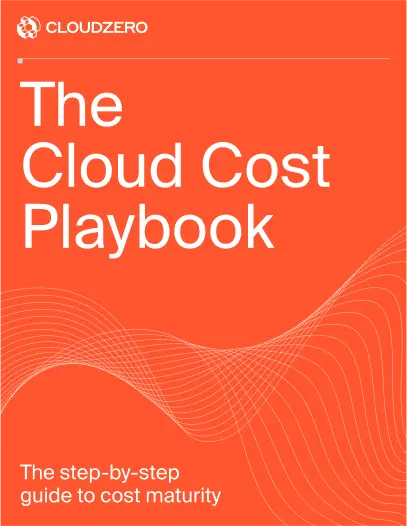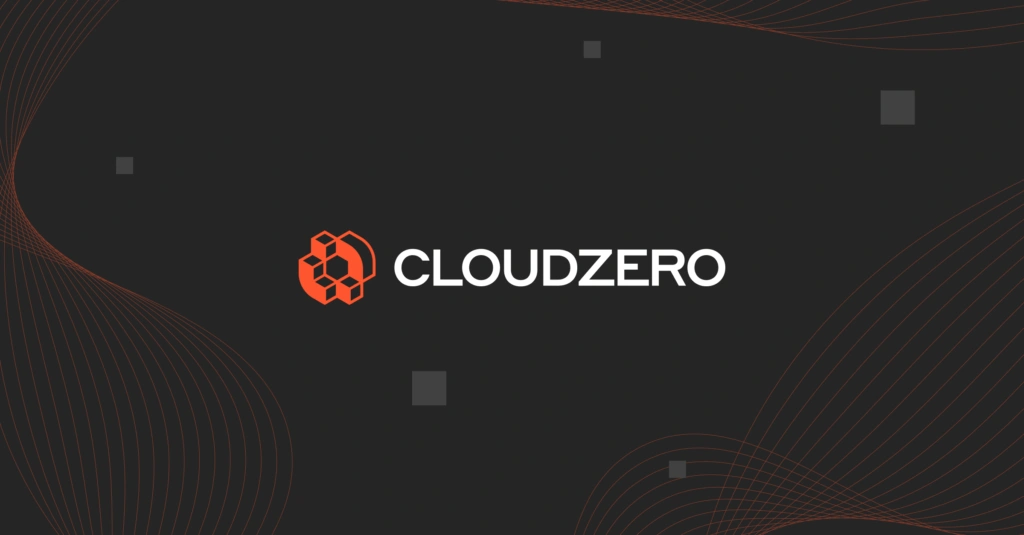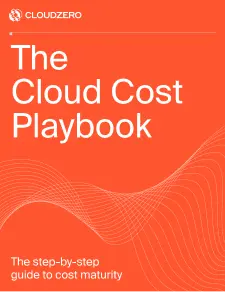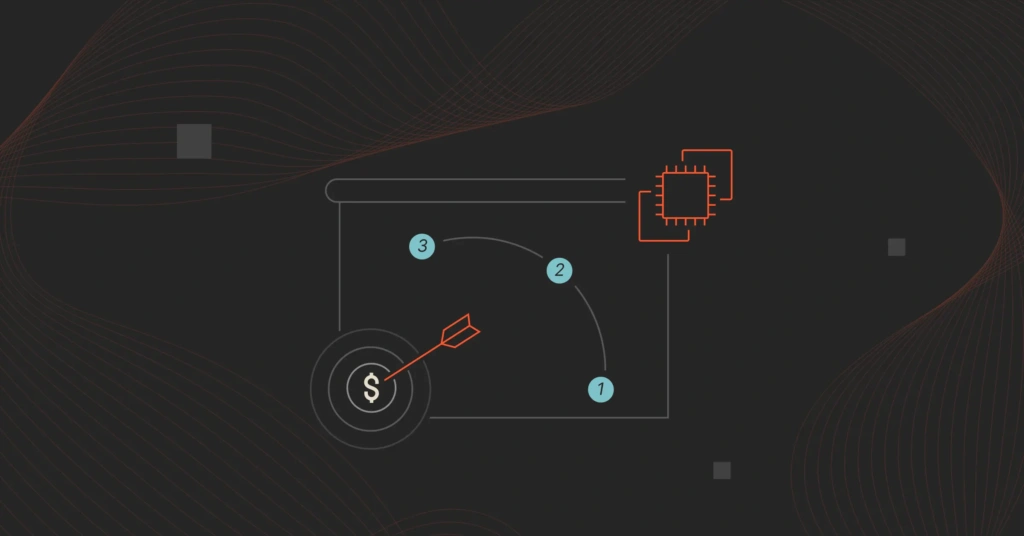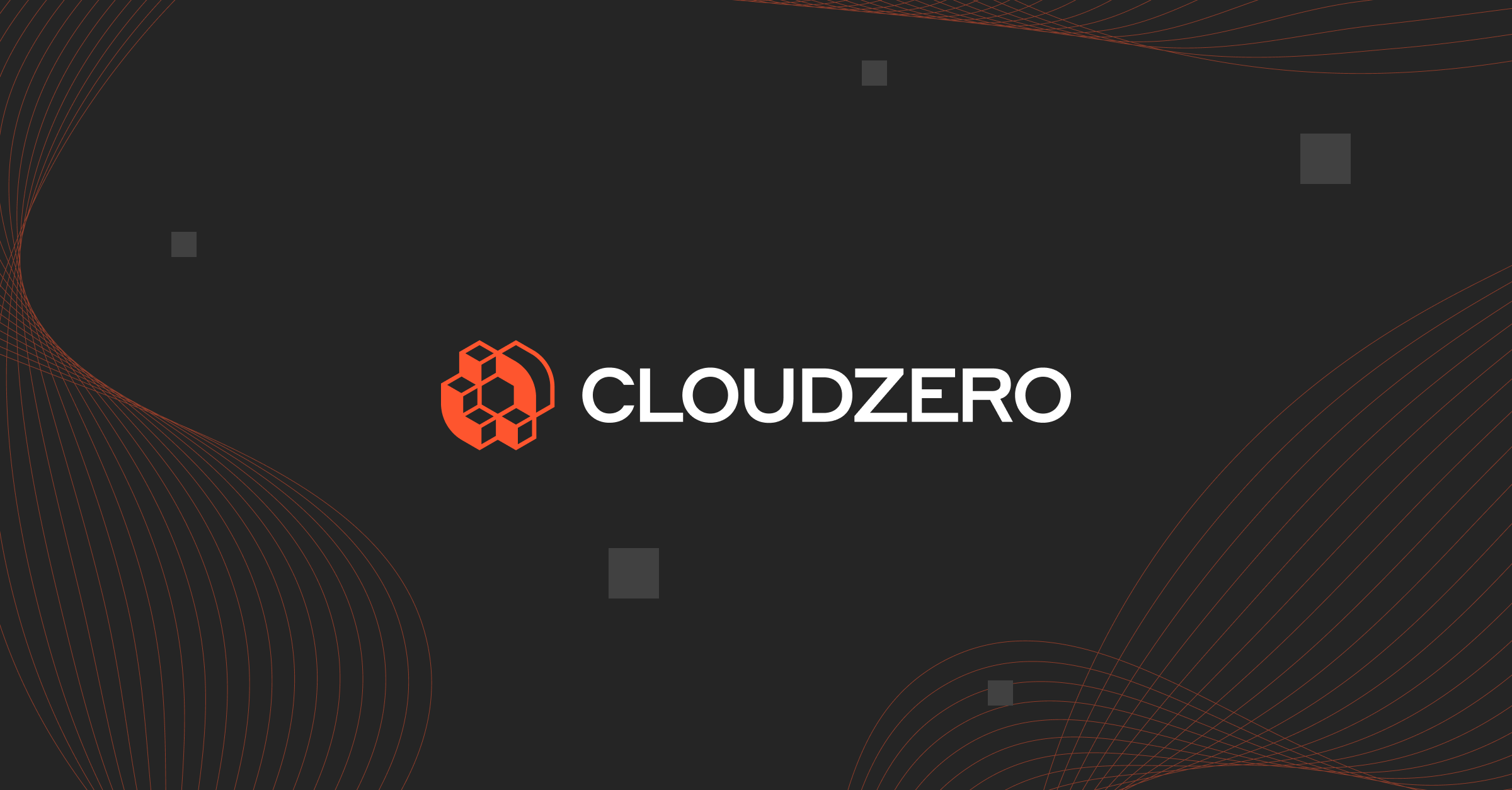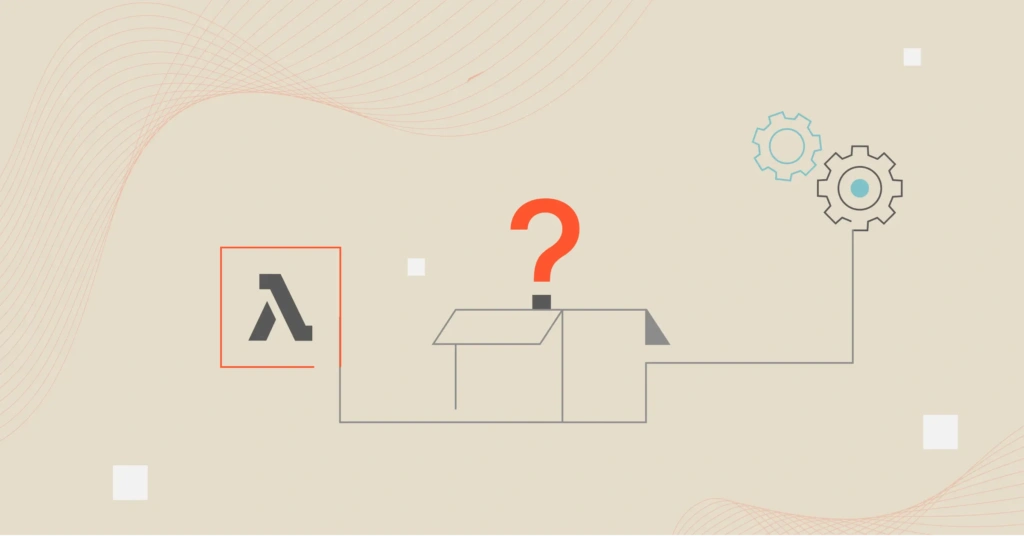While Financial Operations (FinOps) isn’t a new concept, it is becoming more prevalent in companies that have started seeing increases in their cloud spend.
Historically, when engineers needed to set up infrastructure to complete a project, they had to go through a long process of procuring servers, finding space in a data center, and getting financial approval. This process could take two months or more, so it allowed plenty of time for oversight by the financial department.
These days, engineers can simply order any kind of infrastructure they want through cloud services, bypassing the finance department and any other teams that used to assist with procurement. This ease of setup is incredibly helpful for time savings and efficiency, but can complicate controlling and reporting on spend.
If your company, like many others, wants to improve cloud cost visibility and tie spend back to your business investments, a great way to solve the problem is to hire a FinOps specialist.
A FinOps specialist functions as a liaison between the finance and engineering departments with a goal of smoothing out any miscommunications and making sure both teams are working toward a common goal.
Because the position of FinOps specialist is relatively new to most businesses, we have put together this guide to making your first hire so you can pick a candidate with the skills and knowledge that will make the most difference.
How To Find A Skilled FinOps Specialist
A FinOps specialist’s most important function is to bridge the gap between finance and engineering. To reach this goal, he or she must have a working knowledge of both areas.
It’s not necessary to find someone with deep, expert-level knowledge, but your candidate should possess a background in finance or engineering and an interest in learning the other required skills. They should also have a good grasp of how to translate each department’s needs into a language that the other will understand.
It’s rare to find a candidate with a background in both finance and engineering, so it’s best to plan some training to get a new hire up to speed enough to understand the technologies used and the factors involved in major decisions.
Use this brief template to write a FinOps job description that will attract the most qualified candidates:
FinOps SpecialistRequired Skills and Certifications:
Additional Qualifications That Can Set Candidates Apart:
|
Questions To Ask During The Interview
Knowledge and experience
These questions will help you gauge how much knowledge your candidate has about topics, like the cloud and FinOps. A lack of knowledge should not disqualify them, but will help you understand how much you might need to train them when they start. Depending on your resources, you may be able to hire someone with less knowledge and more raw skills. Alternatively, if you have fewer resources, you might need to hire someone with more expertise.
- Tell me what you know about EC2. What are the components of EC2?
- Tell me about your experience working with finance or engineering in the past?
- Can you explain what a variable spending model is?
- For a given project, would it be more efficient and cost-effective to install software on a barebones machine or to leverage a managed service?
- Can you explain the iron triangle of FinOps (the balance of cost, speed, and quality)?
- When engineers talk about vertical scaling versus horizontal scaling, what do they mean? And how does that impact cost from the perspective of the finance team?
Ability to partner with other teams
- Tell me about a time you had to translate the needs of a non-technical team to a technical one? Vise versa?
- After meeting with engineers about (example), how would you translate their needs to the finance team?
- If one of the aspects of the iron triangle falls out of balance, how would you explain to stakeholders why the other two may suffer?
Analytical abilities
- Given a few simple parameters, how would you architect a solution to (example problem) in a cost-effective way that doesn’t jeopardize the timeline or the quality of the final product?
Ideally, a qualified FinOps candidate should meet these requirements, answer the above questions, and be able to demonstrate that he or she can reduce each complex problem down to its cost so that finance and engineering both have reasonable objectives they can work toward together.
CloudZero Provides The Context Your FinOps Specialist Will Need To Excel
If you want to make sure your new FinOps hire is successful, it can be helpful to provide a tool for them to break everything down into unit economics. You may choose to track cost per customer, cost per product launch, or any other metrics that make sense for your business.
But without a platform like CloudZero, your new FinOps hire will have to not only serve as a bridge between two departments that speak very different languages but also come up with a way to track each metric he or she determines to be important.
CloudZero provides more than cost visibility. Our platform gives your FinOps specialist cost intelligence that comes from insights and context that wouldn’t be available without an automated tool.
With that information, your FinOps specialist can build a shared language that both finance and engineering will understand.  to see CloudZero in action.
to see CloudZero in action.
